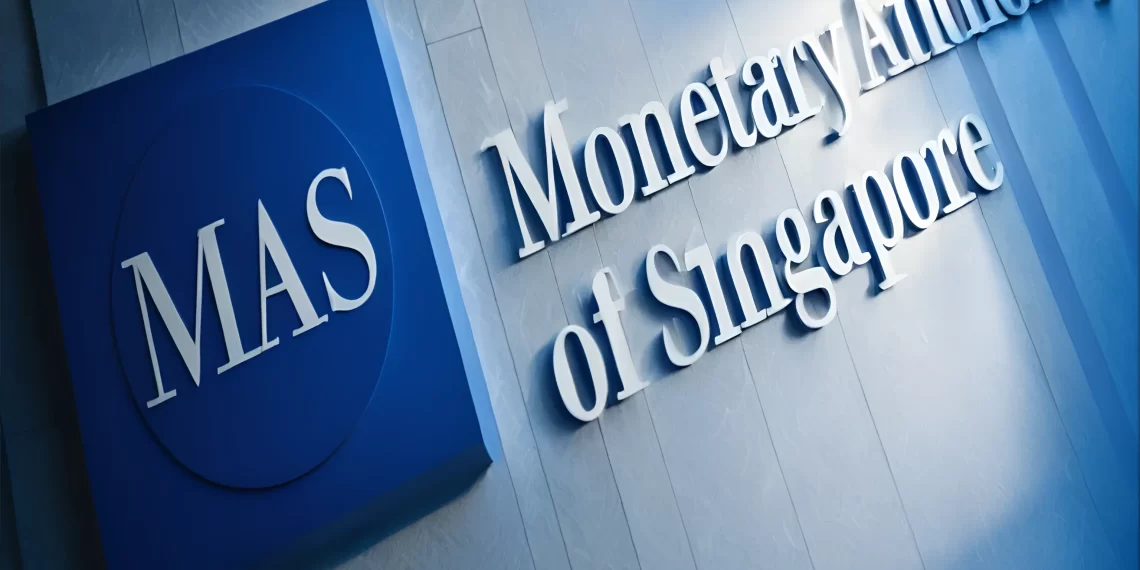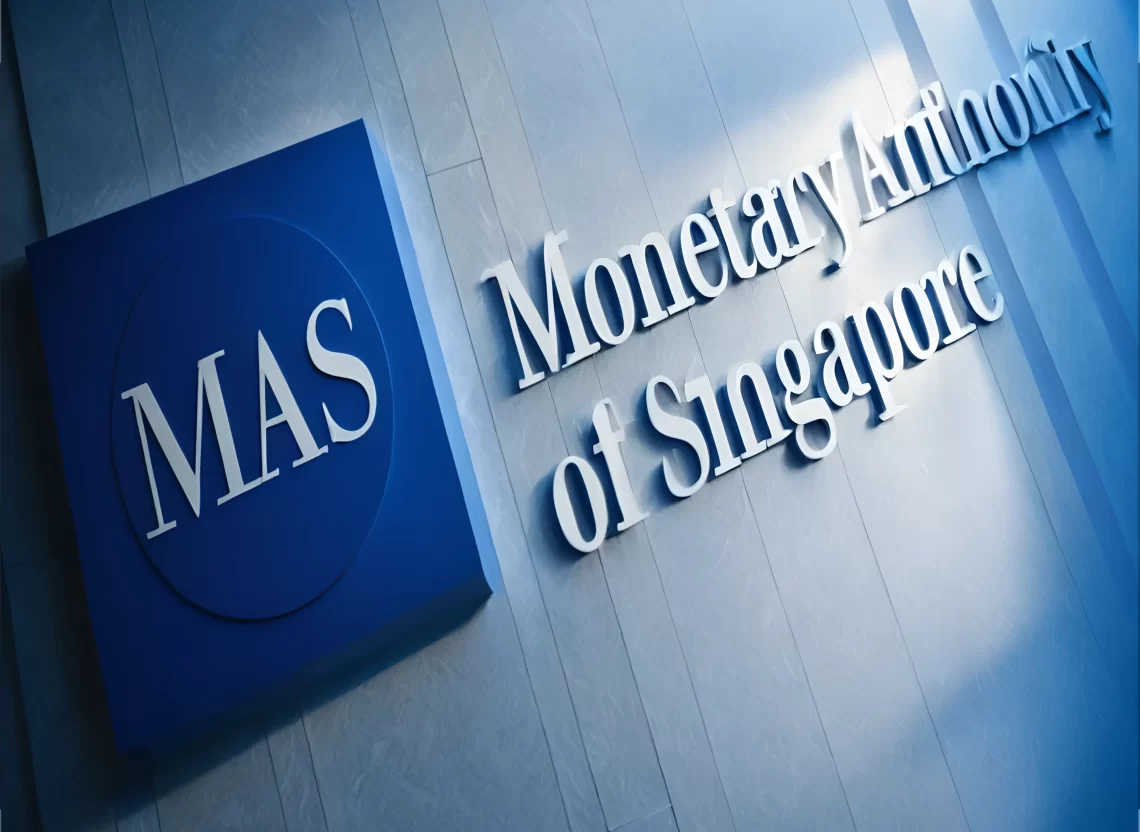With the Payment Services Act’s MAS changes, Singapore strengthens its regulation of cryptocurrencies.
New rules expand the purview to cover digital payment tokens.
Amendments are a pledge to protect financial integrity in the cryptocurrency industry while promoting innovation.
With its most recent effort to strengthen the legal environment surrounding the digital asset sector, Singapore has once more garnered attention in the cryptocurrency market. Notably, in an effort to improve consumer protection, the Monetary Authority of Singapore (MAS) has proposed significant revisions to the Payment Services Act that expand regulation to encompass cryptocurrencies.
Notably, the action is a big step toward regulatory certainty and widespread use in the Bitcoin space.
Crypto Payments Regulation Amended by MAS
The Payment Services Act has been amended by Singapore’s MAS, expanding its authority to control digital payment tokens (DPTs) and guarantee user safety. The updated rules, which go into effect on April 4, 2024, state that MAS will be in charge of managing tasks like cross-border money transfers, account transmission, and custodial services for DPTs.
Meanwhile, the revisions give MAS the authority to demand that DPT service providers comply with anti-money laundering (AML) and counterterrorism financing (CFT) regulations. In order to continue operating under transitional circumstances, firms doing DPT-related activities must also notify MAS within 30 days and apply for a license within six months.
The regulatory changes promote trust among investors and companies by bringing accountability and clarity to Singapore’s cryptocurrency scene. DPT service providers are required to follow stringent anti-money laundering (AML) and counterterrorism financing (CFT) regulations under MAS control, which improves the sector’s integrity and reduces risks related to illegal activity.
What Effects Will The New Regulation Have On Investors & Crypto Businesses?
The implementation of rules aimed at protecting clients’ assets in the Bitcoin market is indicative of a dedication to guaranteeing both consumer protection and financial stability. By separating client assets and putting strong security measures in place, MAS hopes to increase trust in digital payment services and draw more players to the developing market.
Meanwhile, a number of analysts credit Singapore’s proactive response to cryptocurrency regulation as evidence of its dedication to promoting innovation while preserving financial integrity. Remarkably, the updated Payment Services Act establishes a global standard for regulatory frameworks and represents a critical turning point in the development of digital banking.
However, Singapore’s most recent events demonstrate the country’s efforts to regulate cryptocurrencies and digital assets. Singapore has demonstrated its dedication to regulating digital assets by approving OKX Exchange’s application for a major payment institution (MPI) license.
In the meantime, this noteworthy accomplishment strengthens OKX’s position within the Singaporean market and raises the exchange’s standing among authorized cryptocurrency platforms in the area. Furthermore, the clearance is a step in the direction of building a strong regulatory framework and indicates Singapore’s aggressive embrace of cryptocurrencies.

























